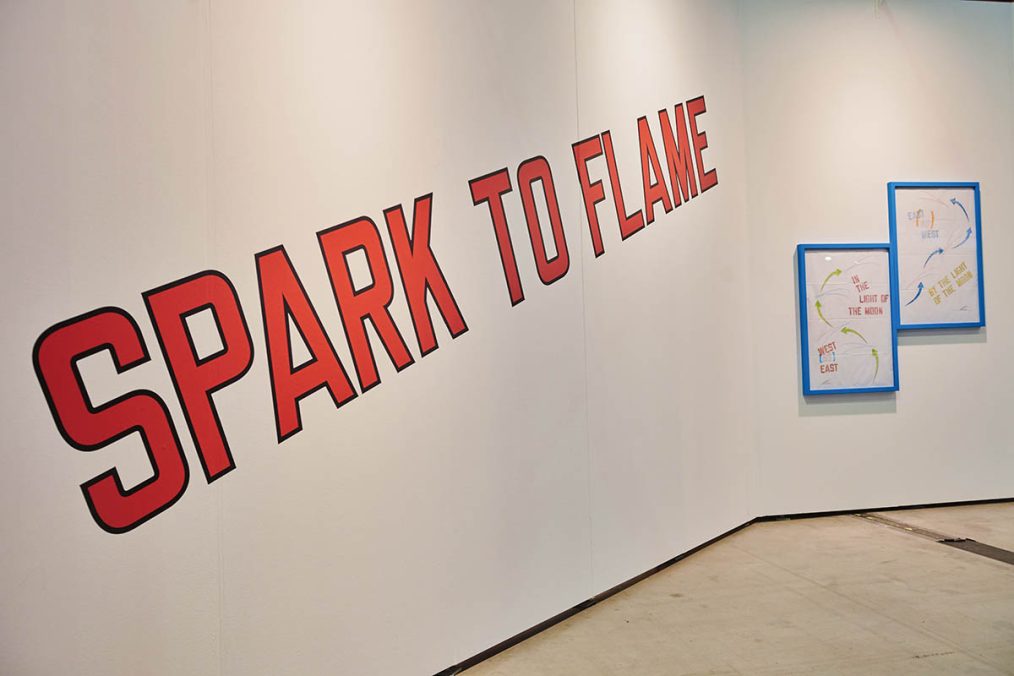
Erka Shalari: I am curious to know how did the idea to create a new art fair emerged? What circumstances brought you to this decision?
Renger van der Heuvel: After I left Vienna Contemporary, I had like a break. Then it was the COVID year, I am Dutch but we decided together with my family that we stay in Austria, and then of course during the pandemic so many things happened – also in the art market. It was for me a good time to reflect on the changes. I always had this idea to make something that is having a strong focus on the primary market, so it kind of developed over the year that I was in my intermit. There were some developments already happening before the pandemic, one is that galleries were more critical regarding art fairs. Ten years ago galleries started to be very critical and they were thinking about the why-s they should go to an art fair. What we also saw is that were also new formats that were developing, like Friend of a Friend (Warsaw) or Condo. And a third element that is more or less catalyzed by the pandemic is this gradual shift from the physical to the online. Due to the pandemic, I also think I did changes and it was a good time to start with a new concept. Once I had the concept (was a short period between two lockdowns, I think it was November or December 2020), is that I went to visit twenty key galleries in Vienna. I went with my bicycle through the city, had with me an A3 Paper, and then with the feedback that I got I finalized the concept.
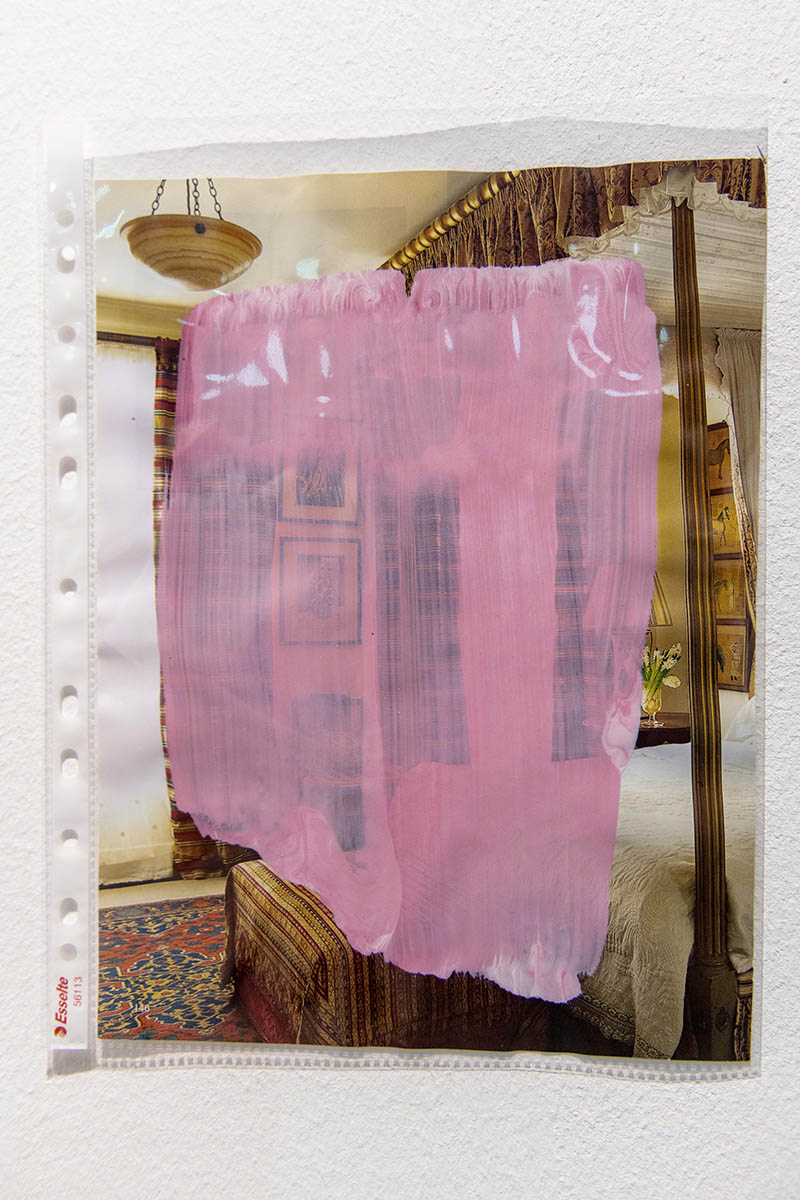
We have been witnessing since that moment already two extremely engaging editions of SPARK. I am curious to know when do the preparations for the next year start?
Ahh, in fact, this is like an ongoing process. The preparations start already before the fair. You think for example about people you would like to have next year, so you invite galleries or potential sponsors already on the current edition so that they can see it in life and not read about it just on paper or online. After the fair, what you do is that you meet with all the stakeholders – galleries, collectors, sponsors. You do a regular evaluation round, and then I intensify my dialogue with certain galleries to understand how they see the market, and where the whole is going.
You do not collect just feedback but you also want to understand where is going, so that you can adapt in that direction that you think that is necessary.
How are the galleries scouted? Can you talk about this?
I try to visit all the openings in Vienna, and what I did last year is that I traveled on purpose to several cities that are not so far from here, like Warsaw, Munich, Budapest in order to meet the galleries in person. Of course, you can go to fairs and meet them there, but they are always busy there. And I like to visit galleries in their spaces, where they are at home so to say and also because there you can have a real dialogue.
It seems to have turned out to be a significant plus point to offer the booths in a significantly lower price segment than other international art fairs.
I want artists to focus on new artworks, and I would like galleries to be daring and progressive, and if you offer a good price, then they are much more willing to take a risk. If you ask them for 10.000 euros for a booth, they will take some solid position.
So, it is an instrument to challenge also the galleries.
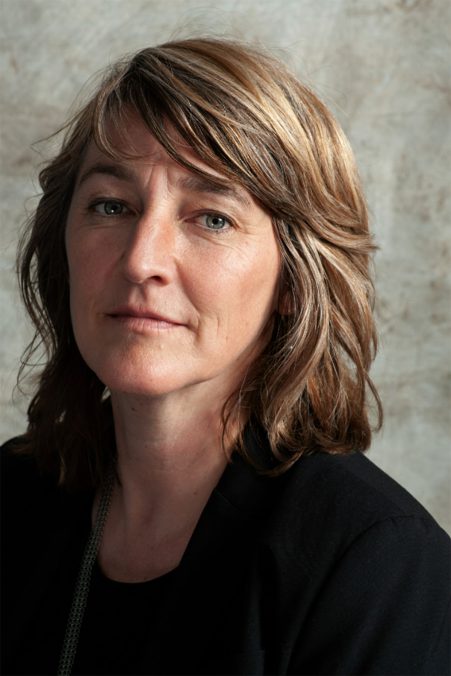
Marieke Wiegel, Kuratorin der Sektion »Fotografie« Copyright: Koos Breukel. 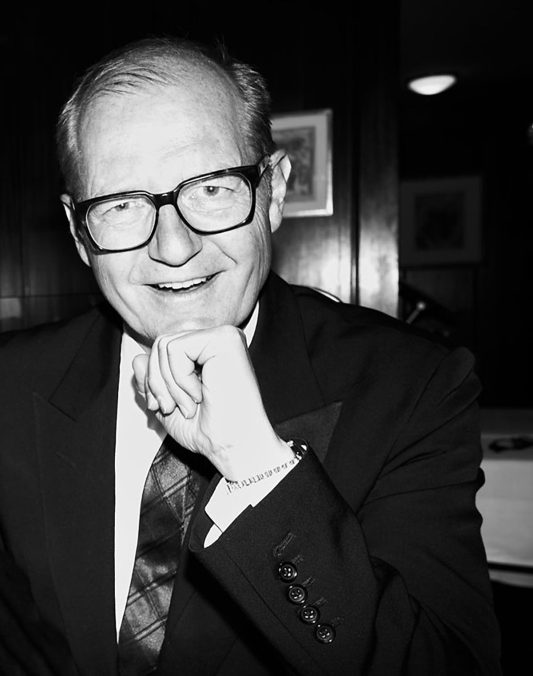
Christoph Doswald, Kurator der Sektion »SPARK Expanded« Copyright: MC_Dorothea&Christoph. 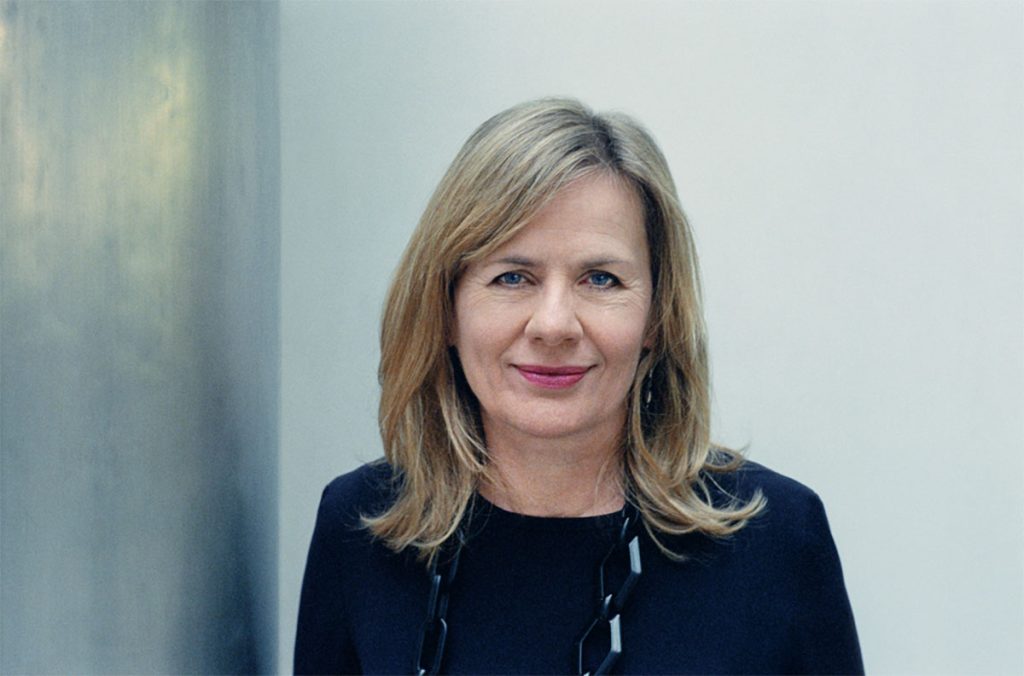
Bettina Leidl, Kuratorin der Sektion »Fotografie« Copyright: Stefan Oláh.
Will the fair be able to keep the prices on the level of the first two editions in the long run?
The price it will increase but it will be within an acceptable range. The first two editions were very close to each other, this time what is new is that we have one year of time and we will also be visible throughout the year. There is also where I see cooperations with the local galleries. Because from my talks with galleries, of course there are in Vienna traditional art bias, almost everybody knows at openings, but there is a new group of collectors that are starting to enter the market. Not big big big collectors, but I think a fair like SPARK and many initiatives made from the galleries will bring these people to the market.
And I know that many galleries sold at SPARK to new persons, which they did not know before, and I think it is also because of the price range you have at SPARK. There are, I would say „affordable“ artworks up to 25,000 euros, with many between 5,000 and 10,000. That’s still a lot of money of course, but people who are in their late 30s and early 40s and are starting to make a career can afford it.
Thinking here of young art galleries. What can they profit from an art fair?
I think for a young gallery, a fair is very good for their branding, it could be a good tool to profile themselves. Then, of course, in the fair, but I think this is pretty the same for every gallery, you can meet new people, professionals, curators, museum directors, and colleagues. So I think the fair can be very instrumental for a young gallery to build its brand, because there are still many people out there who go to an art fair but do not go to an opening of an exhibition, for example.
(…) because there are still many people out there who go to an art fair but do not go to an opening of an exhibition, for example.
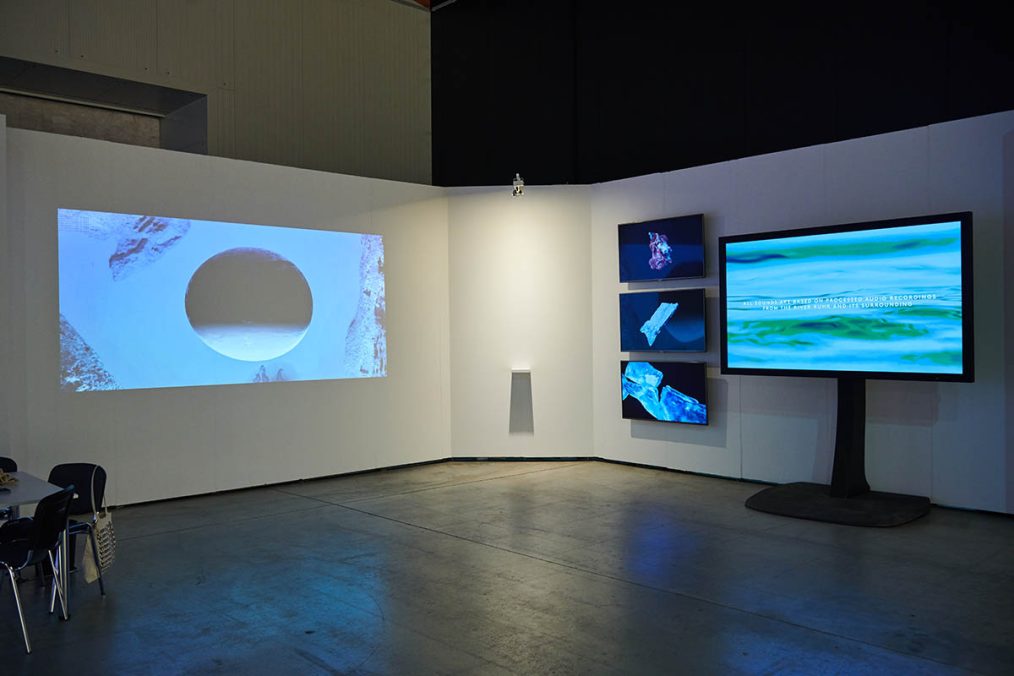
This is very remarkable! I did not expect such a thing.
And I think this is in the interest of every gallery in Vienna. The whole market, the local market, is growing. So, I think this is one of the more significant learnings for all the galleries from the pandemic, that if you put enough effort there is still a win. Because before of that, a lot of galleries went outside of Vienna to acquire new clients. There is still this myth „There are no collectors in Vienna, “ but of course, we are not Brussel, Paris, or London. It is a different situation, but there is for sure potential. Also because if you see east there are not so many art fairs on an international level. So we see that also people from Poland, Hungary and the Czech Republic like to come to Vienna.
Eastern Europe has so many interesting galleries, like Warsaw for example (…)
I think Warsaw is among all these markets the most developed one. Is even starting a new art fair at the beginning of September. It will happen in a hotel and all the good galleries from Poland will be participating.
Thinking here about the architecture of the fair. You have defined rules regarding the size of the booths, but we spotted a few galleries with two booths within an edition. I was curious under which circumstances is this possible?
The starting point is that galleries have one booth and they are all the same size, but there is an opportunity to have a second booth if curators invite them in some other section. So this is an exception to the rule!!! But, for that reason, when the galleries have two booths, you will never find them next to each other.
To keep the democratic principle?
Yes! What I learned from this first round that I did at the beginning, is, that galleries really liked this democratic Principe. In my first plans, I also had smaller booth-es, but then, especially young galleries said, „I like it when we all have the same booth sizes. “ And I tried to listen to the galleries!
Has the fair industry returned to a certain normality or we cannot yet say that?
There are the big brands like Frieze, Tefaf, Art Basel and it depend also if they are in a region where are art collectors, or if you are in areas that are supported from national authorities. Artissima is for example, very much supported by the city of Torino because they have understood that this week is an instrument to bring people. In Vienna, okay since the pandemic has changed, but I mean Vienna is always filled with tourists – this is the difference. There is of course support from the city and the state, but it is not like in the amount of money that Artissima is getting from the city.
When scrolling through the press reviews that SPARK generated on its two first editions I feel that the artists have remained very satisfied. What did the artists especially appreciate?
First of all, choosing one artist brings really focus into many things. The gallery can focus on one artist and is not asked to divide its attention among several artists, it is also a positive element in the communication between the artist and the gallery. We also speak with the gallerists about this artist’s potential in terms of curators, directors, and collectors, which also helps us focus our energy on our work. Of course, a side effect is that if the artist is still alive, is very happy to be in a „pole position“. So his/her work is not displayed like in a warehouse situation but is getting a premium platform. As we also try to focus on the stimulation of new artworks that are being produced or are shown for the first time at SPARK, the energy of the artists come also into this process. This is something that gives compared to previews settings that they have been working a new experience. And I see now also artists promoting art fairs, artists are promoting SPARK on social media and I mean it also has to do with one of the sections last year, The Fourth Wall (…) Sometimes artists were producing the artworks at the fair, which of course, brings a different energy. The mantling days are essential for me, and they already say something about the mood. I have seen on these days that galleries work very professionally, putting their booth together, but now is also the artist coming into the process. Sometimes the exact positioning or even the painting of the walls is done with the artist on the side, this is nice. I do not know numbers by heart, but we had many present artists in our past editions. Some came just for the opening, others even stayed during the whole duration of the fair and helped gallerists sell or just to do the storytelling. I remember last year a Belgium gallery with a Dutch artist, the artist were very enthusiastic, communicating with people. The last two editions have been very close to each other, but usually, the preparations start much earlier. For the upcoming edition, I am already talking to galleries, and latest this September they will say what they will show, so that the artists have enough time to produce their works.
Let us shift to the shown artists. How are they chosen?
Of course, the galleries and artists participating in the curated sections are chosen from the curators, or the curatorial board with whom I am working. They are inviting gallerists/artists, and then they are a number of galleries which I call wild cards, where I invite the key galleries from the region. When putting the whole work in the final list together, I also look to be diverse in terms of biography, male/female, enough established positions and enough young positions. All the fairs till now have been a dialogue, so it can be that a gallery is thinking about two positions, maybe one is older, one is younger, and then we say for example, „Listen, we see that this year more and more galleries are representing these kinds of artists, at this price range.“ So I would say that it is a dialogue, but in the end, it has to be the gallery that has to make the decisions. It doesn’t make sense to impose our opinion.
I find it important to show indicators to galleries and offer them a sort of bird eye view (…)
Going back to one of your initial questions, I see a lot of strategical thinking from the gallerists side, not only for SPARK but also worldwide. For example, „If I want to participate what I want to achieve? Do I see this as a way to position the artist, or do I see this as an opportunity because I know that this is an art fair where are appreciated new works? Then I know that X artist of the gallery is producing currently very good works and I participate with him/her.“ So, I think this is a positive element that the gallerists think more about these things because the more they think, the easier it is getting to be successful I think.
I see a lot of strategical thinking from the gallerists side, not only for SPARK but also worldwide.
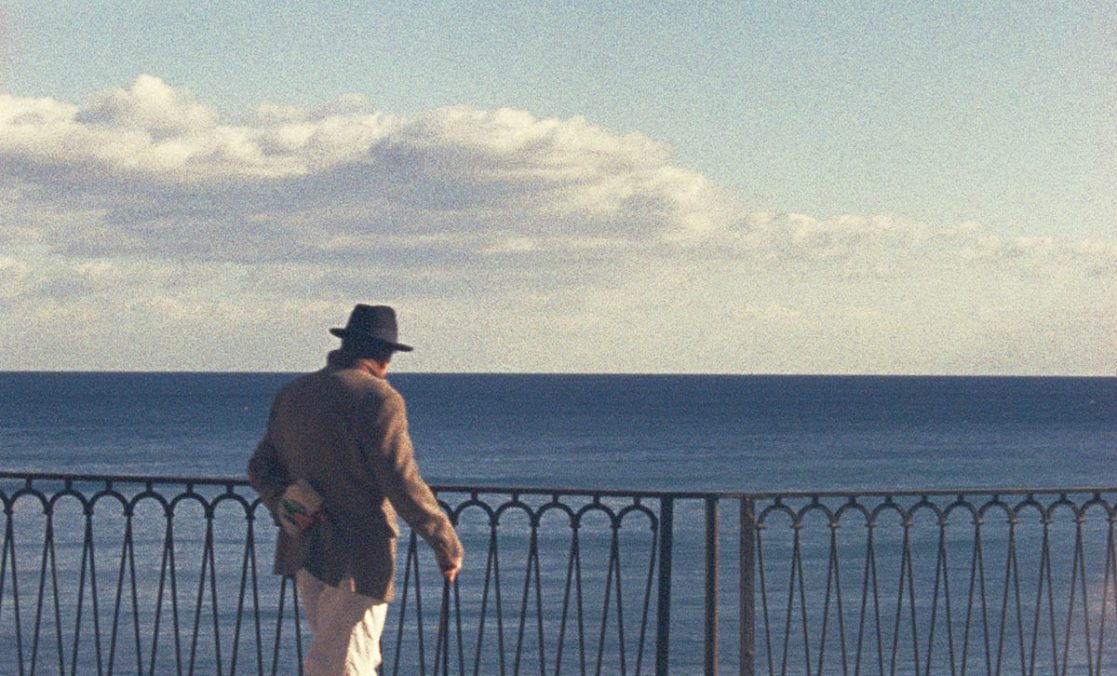
Renger van der Heuvel, Full Throttle III – End Times, film still, 2016. Courtesy: Renger van der Heuvel 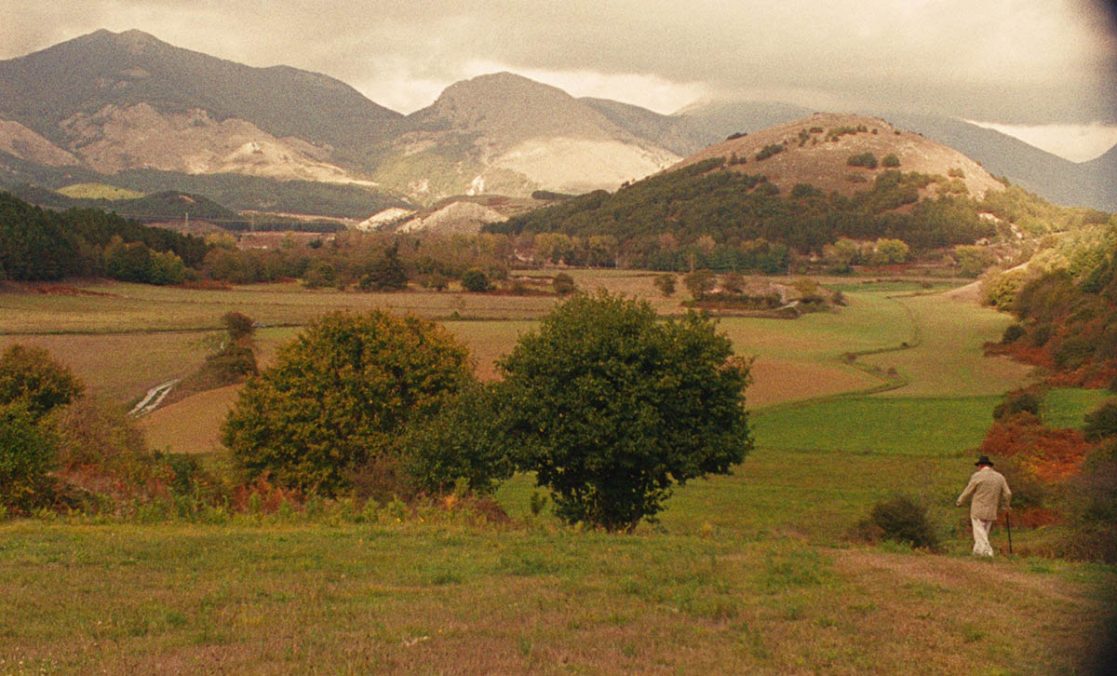
Renger van der Heuvel, Full Throttle III – End Times, film still, 2016. Courtesy: Renger van der Heuvel
Every edition is having curated sections and you have already invited quite a few national and international curators. How do these choices happen?
Either they come through my network, with some of them maybe I have been working in the past but maybe not so close as in SPARK, or they are recommended. Also here I look for a mix, but there is no clear formula. And sometimes I do not know them, but I always like to meet them in person, and we talk about what they have in mind, what I have in mind, and also this is like a dialogue, where we both think, „This could work. “ It is a very close cooperation, but I don’t evolve myself anyhow in the content, I do the commercial and general part, but it is definitely a team work, and so far I have to say with all seven curators, it worked very well.
Which have been some of the latest art fairs you visited?
I do not only go to fairs but also to other events. What I liked the last year (thinking), I visited more cities, I really enjoyed Warsaw Gallery Weekend, it was a nice crowd moving from one gallery to another. From the events, I liked The Others in Munich, it is a kind of invitation modul where a local gallery invites an international one. The crowd was less but I found it a very nice initiative, and I also heard from galleries that they were very very happy about it. Let me think about the fairs (…) For example, I was in Copenhagen at two fairs at the same time, Chart and Enter, and I found Chart was more established, but at Enter you saw more energetic crowds. It is not that I have a fair in mind or something like this. I was also at Artissima, that is of course a very clear concept. Basel is Basel, Liste is smaller but always interesting. In terms of a visitor, I enjoyed the Warsaw Gallery Weekend.
How would you define the nature of SPARK 2023? Would you like to say something, or we can even forget this question if you feel that it is too early to utter it.
Yes, I can tell a few things. We will stick to solo presentation. We keep the architecture. We aim for more younger international galleries (I am also working for more than a year, this is why I have also visited all these cities). There will be more digital artworks next year, they will also be like a theme related curated section, and they will be an advisory/curatorial board that will assist the fair management in the invitation process of galleries and artists. And this year, we also want to emphasize more, also internationally, what else is happening during the week of SPARK. And now that SPARK is being established, that also the institutions in Vienna know that this is the week of SPARK they have said: „Let’s think about an opening, or if we have an exhibition, lets plan something in this period.“
I met yesterday Ramesh Dascha from Secession and we also talked about this. It is also very much about cooperation, and so we see for the willingness for cooperation is growing. That was not so easy in the last two years, also with the institutions, cause of Covid19, „Ok, we can offer you a tour, but we don’t know how the situation will be.“ So hopefully, there is no new variant of Covid19.
I am sure our readers would be interested to know something regarding your films. Is there someplace where one can watch your films or perhaps a Vimeo account?
If they want to see it, they have to write me an E-Mail, and then I will send a password of Vimeo (smiling).
Do you have sometimes moments during the fair that you think: „Hmmm, would be nice to take the camera and film moments from it?“ In a way to vamoose for a bit the clothes of the producer and have the ones of the filmmaker.
I am the same person, but there are two different types of activities. No, I mean it is a different world. I like the energy of artists that are part of this fair, as a fair manager my ambition is to take care of the production process, this is part of our proposition because we are not selling just square meters.As a filmmaker, I want to make very few films.Then as a filmmaker, you have to observe very well and then recreate your own image out of it, but as a fair organizer, you have to keep your eyes very open (smiling), of course, you also have to observe. The fair is open almost 40 hours in a few days and on those hours, you have to keep an eye on everything and you do not just open the door and let people in. You also keep monitoring, you constantly try to match people. And filmmaking, especially if you work with analog you always have to be hyper concentrated. If you film digitally, you can record it again, with analogue (…). My first film has been a digital, and I had a ratio of 1:20 and I used 5 percent of my material, and when I shot analog I had a 1:4 and then it was 25 of my material. You have to be super concentrated (long pause).
E.SH: Thank you for this conversation!
SAVE THE DATE FOR SPARK 2023
Preview & Vernissage: 23 March 2023
Fair Days: 24 – 26 March 2023
Erka Shalari (Tirana, 1988) is a Vienna-based art author. She focuses on discovering unique artistic positions, unconventional exhibition spaces, and galleries that have deliberately broken new ground in their working methods. She relies on unorthodox publishing practices, coupling these with a nonchalant manner of writing. Her work oscillates between articles for magazines, exhibition texts and press releases.





